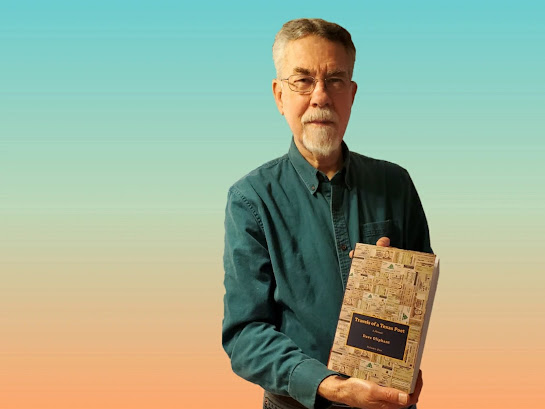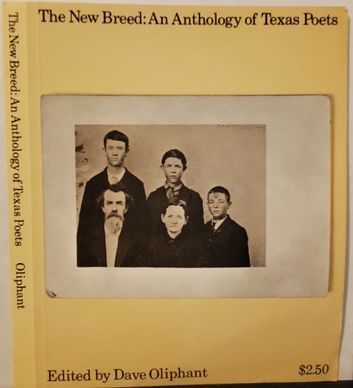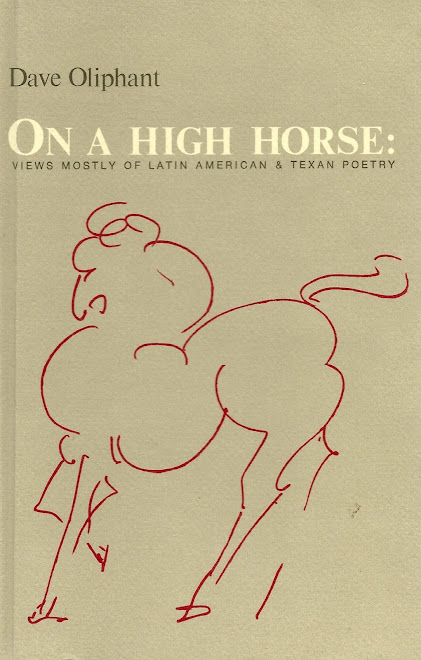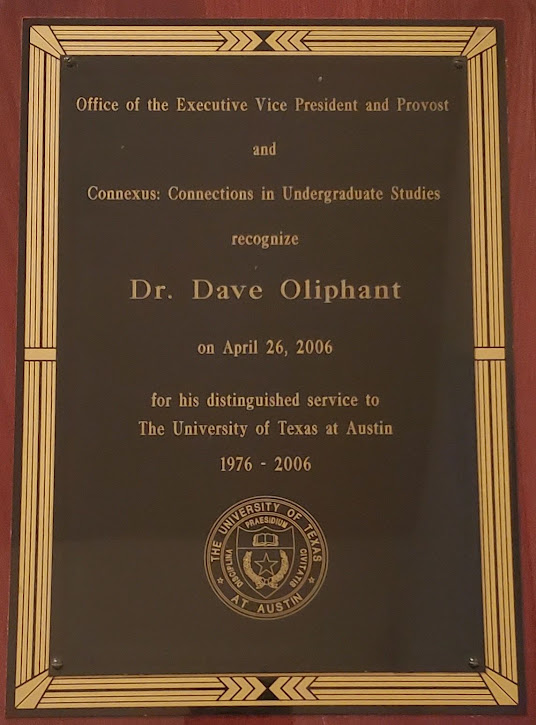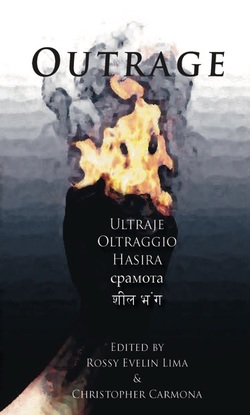We know that the destruction of a library is a crime against humanity. Even a simple Siri search describes such atrocities as “a way to erase a culture’s history and identity”, and, of course, mentions Alexandria. Those of us not suffering from cultural amnesia might recall news images of dumpsters full of books as libraries were required somehow to destroy entire collections. Memes of flames and swastikas were not an unusual accompaniment. In such a climate, the esteemed University of New Mexico Press published Women in Independent Publishing, a decade long firsthand research project executively produced by Stephanie Anderson. The area of greatest scholarship regards Zine History, an aspect of the literary community that ought to be rightfully revered.
The work is an inch-thick, trade-sized tome that is, frankly, a work of feminist scholarship that ought to be among the new acquisitions for any feminist collection that hasn’t yet been set on fire. Reading the book backwards, the Index alone spans seventeen pages, that includes a heading called “chapbooks[...]rebellious nature of publishing,347-48” (409). Also, most deliciously and impressively is a ten-page bibliography that ought to look lip-licking to any woman’s studies program not already disbanded.
The text itself is introduced with a thirty-page essay, followed by a series of interviews of women who were editing poetry publications during the second half of the twentieth century. This would seem to be an ordinary and interesting sidewalk tour of literary history, if every single premise in the work were not under recent legal human rights attacks. Within the text itself, Margarat Randall states “The cultural blockade, after all, was as important as its economic and military counterparts” (63). A reader might think she speaks of somewhere in our moment, except she speaks of Cuba and 1963.
Anderson organizes the work by a lineage-- she begins with a refutation of the agreed upon text by Grove, as is standard scholarly procedure. She then proceeds with an onslaught of people and texts that would give glee to any poetry geek...again crucial information to rebuilding libraries. There’s a mention of a collaboration with Anais Nin (3) on a now rare title called “Two Cities” ; overt reference to the work of Alice Notley, and repeated reference to the exclusion and under representation of women, “women used publishing in various ways to push against the sexism and misogyny of literary scenes writ large”(5)-- a tactic also used a generation before so that women could merely vote.
Dismissal of women as critical artists is a reoccurring theme here, often motivating the subjects of the interviews to publish periodicals. In her interview, Susan Sherman makes an interesting remark about poets publishing poets, especially women writers or artists overall, “It’s really very dangerous to depend on someone else to make serious choices, both about your work, and about your life, for that matter” (117) , and makes much mention of collaboration with painters and musicians.
The work repeatedly discusses technical duties in production and production details and predates the ubiquitousness of computers by decades. There are multiple mentions of group collation meetings, physical typing of manuscripts onto duplicatable sheets called mimeo that smelled and faded, before the ordinary use of copy machines. It was “physically building books” (C.D. Wright interview, 273). The body of the text concludes with a prose poem by Lee Ann Brown that includes “and that liberation of putting writing into print and changing margins and typefaces probably greatly enabled the possibility of making books” (336).
The crucial nature of this text cannot be overstated, but also its pleasure: among those interviewed might be someone we know, or might have met, or whose edited publication we admire, or who we have read. The value of the work as a reference regarding poetry cannot be overstated, nor can its value as a reference regarding feminism of the second half of the twentieth century. Maybe that’s why it’s so dangerous. The work is a dense reference of information related to all that touched women’s lives during those decades, of publications now rare and valuable, of a compendium of research for rebuilding a history currently under culturicide.
Su Zi is a writer, poet and essayist who produces a handmade chapbook series called Red Mare. She has been a contributor to GAS from back when it was called Gypsy Art Show, more than a decade ago.
Check out her author page on Amazon.
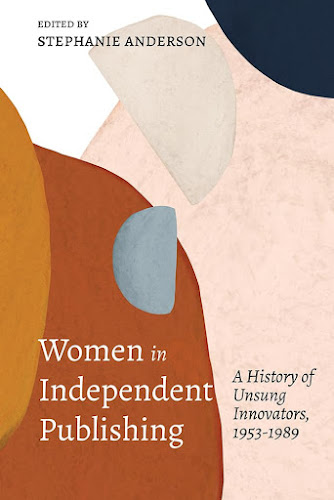
%20(1)-2.jpeg)
